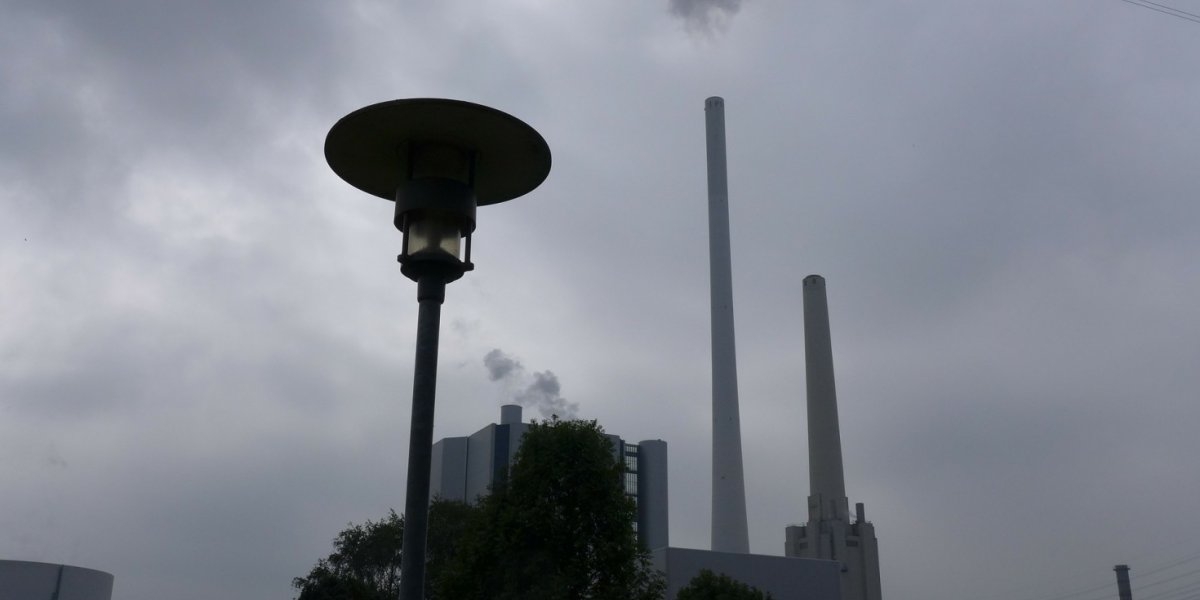4C – Climate-Carbon Interactions in the Current Century
The EU-funded project 4C (Climate-Carbon Interactions in the Current Century) aims to fill the knowledge gap surrounding climate sensitivity to carbon dioxide emissions by reducing the uncertainty in our quantitative understanding of carbon-climate interactions and feedbacks.
PHOTO: RIKKERST / PIXABAY.
Project details
4C – Climate-Carbon Interactions in the Current Century
It has been known for more than a decade now that cumulative emissions of CO2 largely determine global mean surface warming, and that climate change will affect carbon cycle processes in a way that will exacerbate the increase of CO2 in the atmosphere. However, we still have limited abilities in quantifying these climate-carbon cycle feedbacks, and this severely undermines attempts to estimate the climate response for a chosen emission scenario, and to quantify the anthropogenic CO2 emissions that would be consistent with a stabilisation of global warming at a chosen level.
Resolving key carbon cycle uncertainties is essential in order to provide greater clarity on necessary mitigation actions required to meet the Paris Agreement’s goal of limiting global warming to “well below 2°C, and pursuing efforts to 1.5°C”, in order to reduce the effects of dangerous climate change. There is therefore an urgent need to better understand and better model the processes that drive the observed variability in atmospheric CO2 at seasonal to century timescales in order to improve climate projections and inform climate mitigation and adaptation.
The 4C project aims to fill this gap by bringing together leading European groups on climate modelling and carbon cycle research. Together, they will develop knowledge that will support the Paris Agreement by providing robust estimates of the remaining carbon budgets and available near-term carbon dioxide emission pathways consistent with the agreement’s goal of limiting global warming to “well below 2°C”.
The 4C project will also support the global stocktakes of the Paris Agreement by providing both near-term predictions and long-term projections of atmospheric CO2 and the climate in response to the national determined contributions, meaning the emissions reduction goals of each of the countries that have signed the agreement.
Few research projects have until now attempted to predict the near-term evolution of the carbon cycle, and particularly what the near-term growth rate of atmospheric CO2 in the next decade would be if all countries follow their own emissions reduction ambitions. Reducing the current uncertainties in our understanding of the carbon cycle will be key to the implementation of the Paris Agreement, and the 4C project will thus provide valuable knowledge needed to reach the goals of the agreement.
Duration and funding:
The 4C project is a four-year project (2019-2023) which is funded by the EU’s research and innovation programme Horizon 2020 and led by the University of Exeter.
Project partners:
University of Exeter (UK), CICERO Center for International Climate Research (Norway), the French Alternative Energies and Atomic Energy Commission (CEA, France), Ecole Normale Supérieure (France), German Aerospace Center (DLR, Germany), Max Planck Society (Germany), University of Bremen (Germany), ETH Zurich (Switzerland), University of Bern (Switzerland), Barcelona Supercomputing Center (Spain), University of East Anglia (UK) and the University of Oxford (UK).
More information:
For more information about the 4C project, please see the project website.
